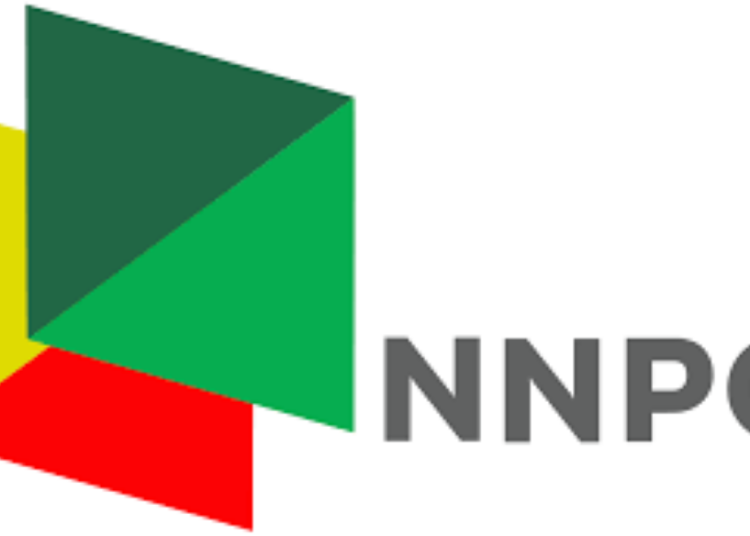As reactions continue to trail the announcement by the Nigerian National Petroleum Company Limited (NNPCL) that the Port Harcourt refinery has been activated for operation, a group of Civil Society Organisations has called for great caution.
The groups, under the aegis of the Coalition for Accountability and Transparency in Energy Sector (CATES), said what the NNPCL was glorifying was not a full-fledged refinery which Nigerians paid for.
In a statement yesterday by the spokesperson of the coalition, Dr Linus Ikwur, the groups alluded that, despite the public outcry from stakeholders, organisations and individuals, warning against turning the Port Harcourt refinery into a blending plant, the NNPCL made good its intention and damned whatever would come out of it.
The coalition described the much celebrated Port Harcourt refinery as “what I ordered, vs. what I got,” saying the NNPCL did not mean well for the country and the citizenry by converting the heritage refinery to a mere blending plant despite receiving huge funds to operationalise it.
“The NNPCL was given money to turn Port Harcourt into a full-fledged refinery. But now they want to turn the place into a blending plant, despite the public outcry about the dangers of having a blending plant in a region that is already suffering from environmental degradation.
“Nigerians paid for a refinery and not a blending plant. This is a clear case of what I ordered vs what I got.
“There’s a need for great accountability, transparency and probity in ensuring that the refineries operate at 100% capacity and not as a blending plant”, the statement said.
Speaking further, the coalition expressed great disappointment with the announcement of NNPCL, confirming that the refinery was to serve as a blending plant, which it described as a global practice. It warned that the agency should cease the deception forthwith.
Dr Ikwur said, “To us, it did not come as a surprise because we saw it coming, and we have raised enough alarms so that it could be averted, but the authority kept calm until the NNPCL perfected its plan to convert our heritage refinery into a blending plant. But we were highly disappointed that the NNPCL misled Nigerians, including President Bola Tinubu, into believing that the Port Harcourt refinery had come back to life.
“It took the great effort of the media, Sahara Reporters in particular, to confirm our claims that Nigerians were indeed celebrating a blending plant and not a refinery. Nigerians are too wise for that grand deception and Mr President should not fall for that kind of cheap attempt to score political goals by the NNPCL.
“Mele Kyari and his cohorts should stop misleading the President. They should rather come out and explain how the over N17 trillion expended on our local refineries went and why is it that none of the Port Harcourt, Warri and Kaduna refineries is working after receiving such a humongous funding”.
It would be recalled that the NNPC posted on its X handle on Tuesday, saying: “NNPC Ltd Delivers Port Harcourt Refinery as the plant begins trucking out of products today, Tuesday, November 26th, 2024, at 1.45 pm.
“Watch the commissioning and trucking out event LIVE.”
But Sahara Reporters, in an exclusive report Tuesday night, exposed that the NNPCL “is not trucking out Premium Motor Spirit (PMS), popularly known as petrol, from the Port Harcourt Refinery as it claimed on Tuesday”, claiming a top source within the system revealed it.
Instead, it said the NNPCL bought “Cracked C5 petroleum resins” and blended it with other products including Naphtha to sell to the Nigerian public as though the refinery processed it.
“The plant is running, but it is the old one with 60,000 bpd capacity. You can’t get PMS from it except for diesel. The part that produces PMS is yet to start.
“If you hear they are trucking PMS from the depot, know it is a lie. They bought Crack C5 from Indorama company in Port Harcourt and blended it with Naphtha to sell to the public”, the source told Sahara Reporters.
Unexpectedly, the spokesperson for the NNPCL, Olufemi Soneye, swiftly confirmed the claims in a statement Tuesday night, saying, “Blending is a standard practice in refineries globally.”
Soneye said, “It is worth noting that the refinery incorporates crack C5, a blending component from our sister company, Indorama Petrochemicals (formerly Eleme Petrochemicals), to produce gasoline that meets required specifications.
“Blending is a standard practice in refineries globally, as no single unit can produce gasoline that fully complies with any country’s standards without such processes. Additionally, we have made substantial progress on the new Port Harcourt refinery, which will begin operations soon without prior announcements”.





